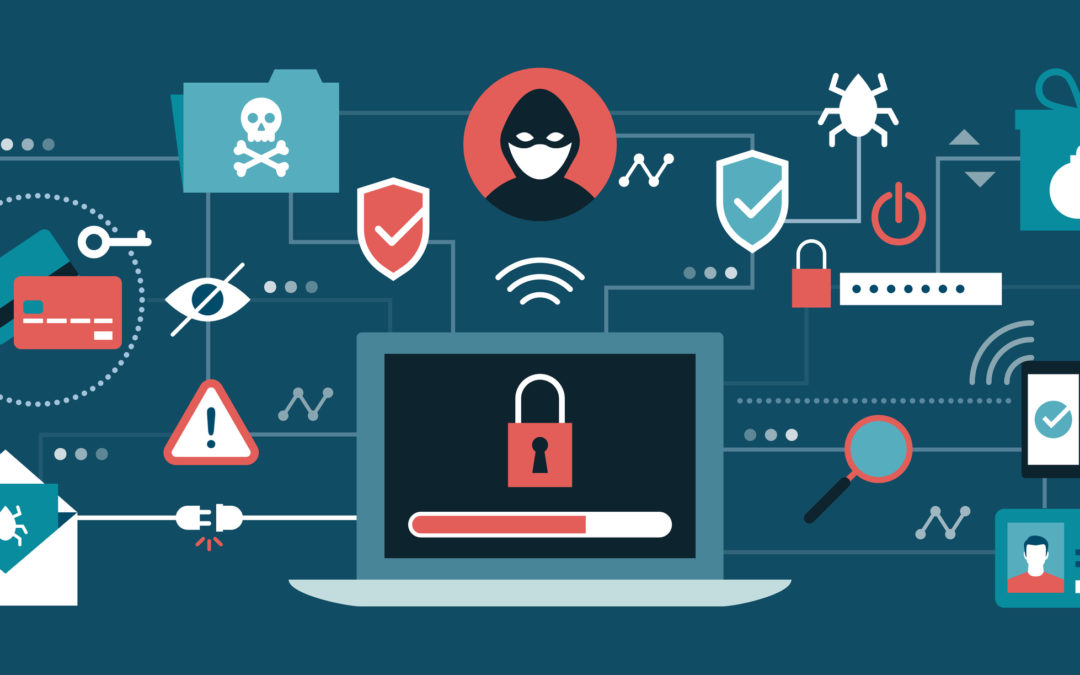Data privacy is all over the news, from news (or fake news) to hacked credit card companies and retail corporations.
With all the electronic systems in our cars these days, have you considered how yours might be collecting or sharing your information? What about data privacy from your repair shop?
If you connect a smartphone to your car…
When you turn Apple Car Play, it lets you choose which data your car has access to, and you can access many apps right through your car’s entertainment system. Be careful what data you share and make sure to educate yourself on how it’s shared or stored.
If your car has safety features, from seatbelts to cameras…
One of the ways our cars have been able to grow safer is through their ability to monitor internal systems, from braking, speed, mileage, and even whether there is a passenger in the passenger seat. But, where do we draw the line between gathering this information and storing it? Or, between collecting the information and sharing it?
Laws regarding the regulation of consumer information in cars is still very new and not yet enforced everywhere.
If you’re in an accident and have your car repaired…
When you’re in an accident, not only does your car collect data about your driving, but it registers where parts are broken, or malfunctioning. When you take it to your repair shop, they’ll need to perform a diagnostic repair scan to find out if there are additional things that need repaired or replaced.
The technology required to perform these scans is created and maintained by a third party company, and there are only a few in the country. These scans are currently necessary to ensure consumer safety, but that doesn’t mean they protect your data.
Consider this article on how CARFAX gets information about repairs, maintenance, and collision history for its cars.
If your insurance company tracks your driving to offer low rates…
Often, insurance companies will offer policy holders a device to track how “safe” a customer is driving. Speeding, slamming on the brakes, or driving more miles than you stated in your application can all affect your rates.
What happens to this information once it’s collected?
Consider regulators like the NHTSA and privacy laws like the EU and California have passed.
There are laws going into effect to protect your privacy when it comes to your car, and it goes much deeper than this article.
The Auto Alliance is working to protect consumer privacy starting with automakers. GDPR in Europe applies to data collected through phones and cars, but it’s still a brand new law. California’s digital data protection law goes into effect in January, 2020, but it mostly applies to corporations generating over $25 million annually. However, it should protect information from being sold to third parties, if it’s enforced.

